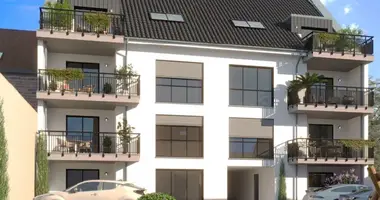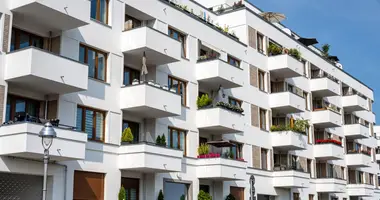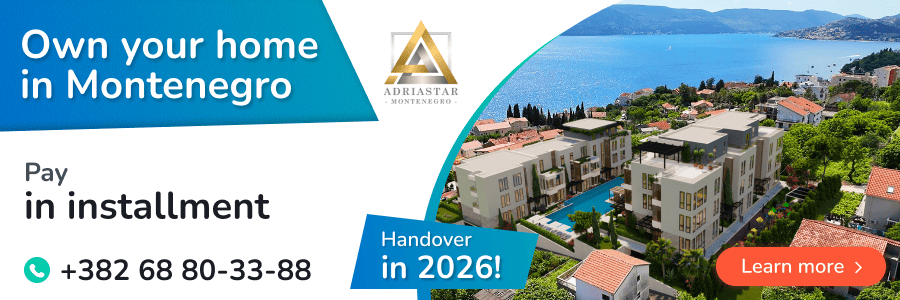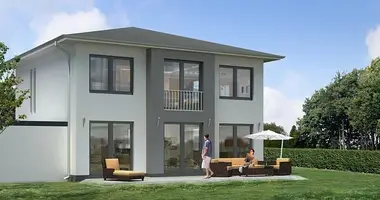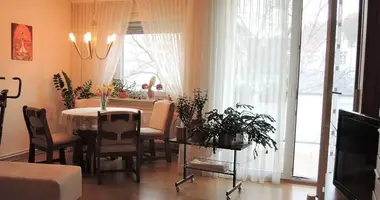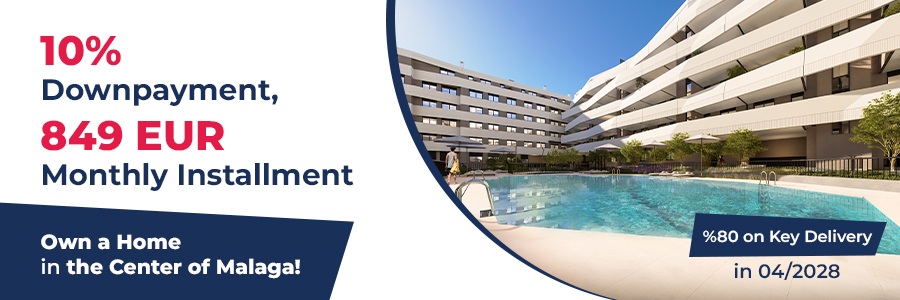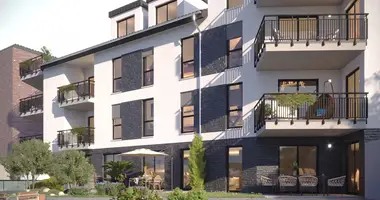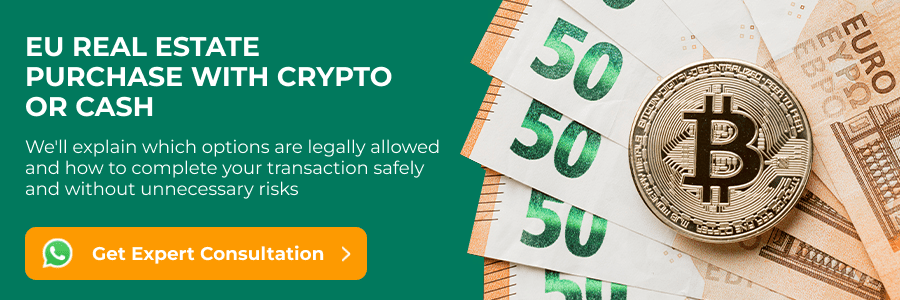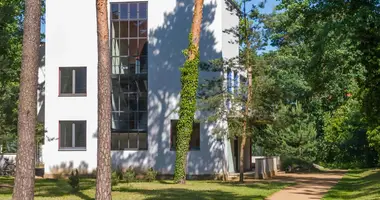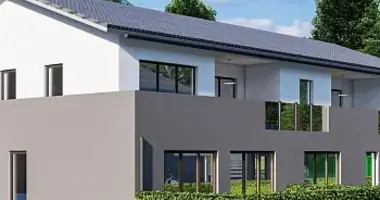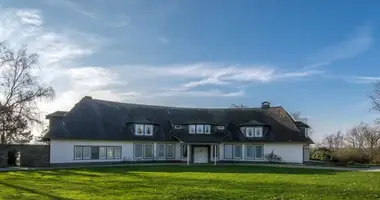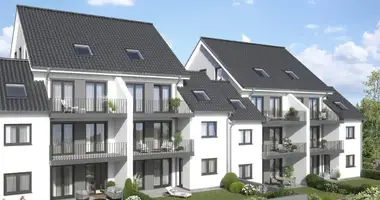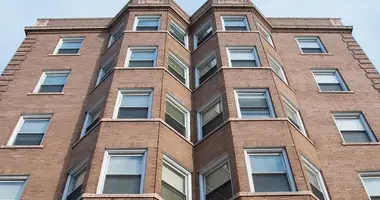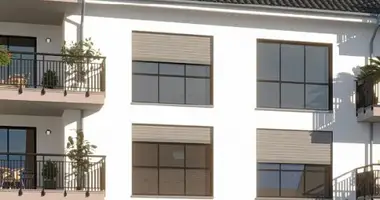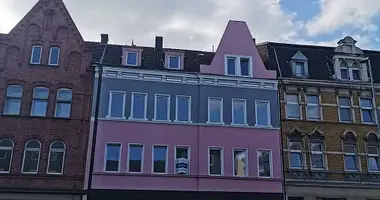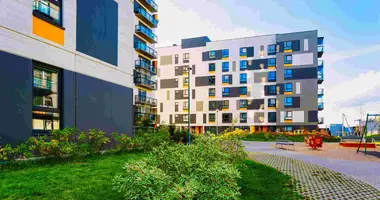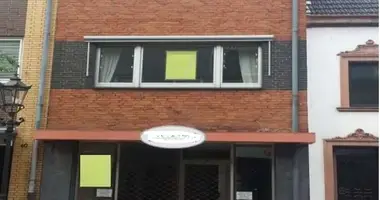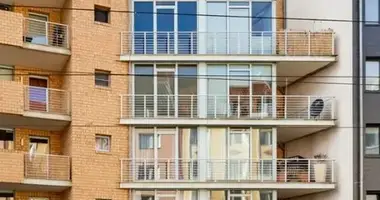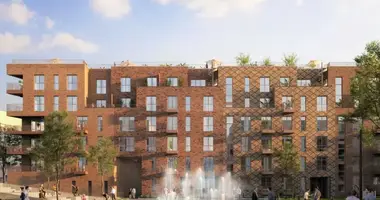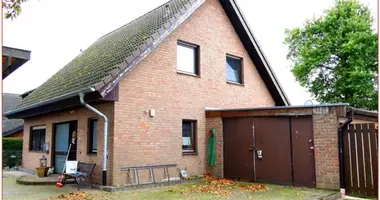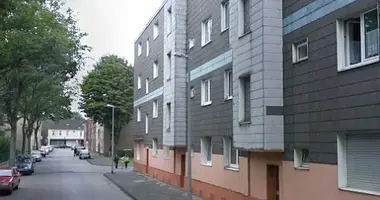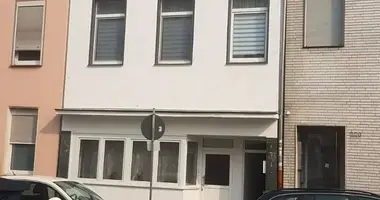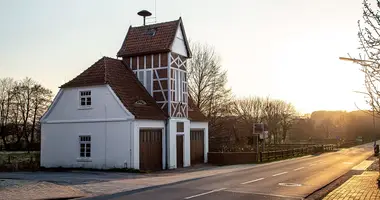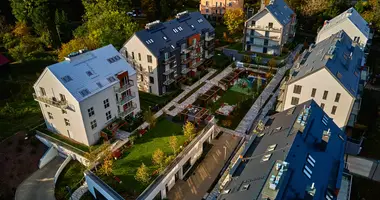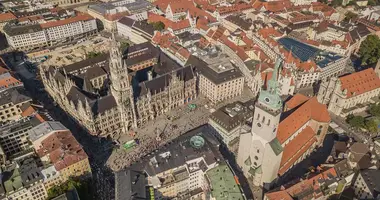Germany remains one of the most stable countries in Europe, but the recession is making its own adjustments. On the other hand, difficulties are the basis for price growth, including real estate. If you buy real estate in Germany now, it will increase in value by up to 10% in a year.
Advantages of buying property in Germany
Buying a real estate in Germany means getting an excellent investment property. In addition to the fact that the country annually attracts tourists who need somewhere to stay overnight, local residents prefer to rent housing rather than buy it outright. In total, this will provide an opportunity to make a profit from renting both in the short and long term.
Other advantages:
- Legislation strictly regulates the process of selling real estate in Germany, and the chance of running into fraudsters is minimal.
- Low loan rates of 2-3% allow you to purchase an object with minimal overpayment.
- In large cities, prices for property for sale in Germany are steadily growing, which is beneficial for long-term investments.
Prices for real estate in Germany
The German property market offers not only classic properties like compact Euro flats or apartments, but also quite old but solid mid-century houses. The cost of real estate in Germany varies greatly depending on the region: in the western part, apartments are more expensive and often have more comfort elements, while in the eastern part, apartments are minimalistic but larger. For example, a small apartment in the eastern regions will cost €80,000-120,000, while for an apartment in Munich you will have to pay from €300,000 and up.
Average cost of real estate in Germany:
| Property type |
Average price per sq.m. (€)
|
|
Apartment (secondary)
|
2500–4000 |
| Apartment (new building) |
4000–7000 |
| House (secondary market) |
3000–5500 |
| Luxury apartments |
8000–12,000 |
Popular cities in Germany for buying property
Housing is most in demand in the cities of western Germany. This is due to the fact that there are more large enterprises in this part of the country. Most often, housing there is rented, while in the eastern part, more apartments are in full ownership. The infrastructure is not as developed there, but there is everything a person needs for life, with rare excesses.
- Berlin. The capital with a dynamically developing market. The average cost is 4000–5000 €/sq.m. Attracts young people and investors.
- Munich. The most expensive city in the country. Here, housing prices in Germany reach 8,000–10,000 €/sq.m. due to high demand and prestige.
- Hamburg. A port center with prices around 5,000–6,000 €/sq.m. Suitable for those looking for comfort and proximity, albeit to the cold, but sea.
- Cologne. A cultural city with affordable real estate — 3,500–4,500 €/sq.m. An excellent option for families.
- Leipzig. A promising city in the east, where housing costs 2,500–3,500 €/sq.m. Ideal for budget investments.
Features and nuances of purchasing German housing
The process of purchasing real estate in Germany begins with choosing an object and signing a contract with a notary. After that, additional costs are paid:
- Tax on the transfer of ownership of 3.5–6.5% of the value of the object.
- Notary fees and registration of another 1.5% of the transaction value.
- Realtor's commission of 3-6% + VAT, if it is a new building.
To complete the transaction, you will need to open an account in a German bank and provide basic documents: passport, proof of income (for a mortgage) and a certificate of origin of funds. Foreigners have access to mortgage loans, but banks usually finance no more than 60-70% of the property value.
After the purchase, the owners pay an annual property tax (about 0.5-1% of the cadastral value) and utility costs (€150-350 per month for an 85 sq.m. apartment).









